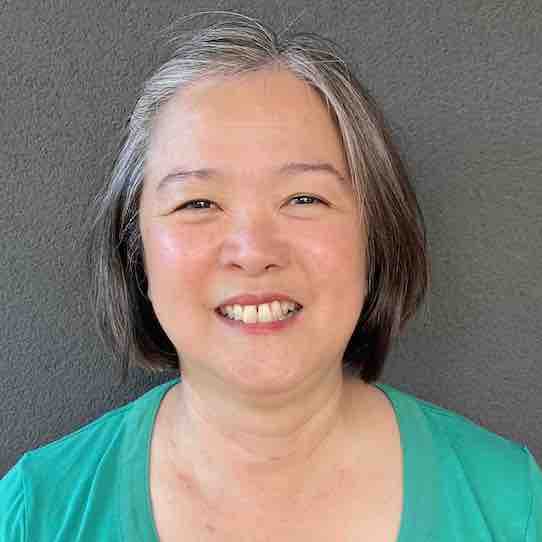Conflict as opportunity? Are you crazy?
Through various media interviews held by Prince Harry and the release of his book, the world has been given a front row seat into British Royal family’s conflicts. It’s been difficult to watch Prince Harry as he recounts specific events involving various members of his family. Online media, TV talk show hosts and just about everybody has an opinion about what’s been said and written by Prince Harry and Meghan Markle.
As peacemakers, what can we make of this?
Good question. Well, maybe instead of simply adding our comments onto what’s already been said, we might consider our own family relationships and what we may have done (or not done) to create or damage healthy relationships.
Conflict may be described as many things, but have you ever viewed it as an opportunity?
When we are involved with a conflict, relationships are damaged.
Being a party to a conflict is like reaching a fork in the road.
We have a choice in how we respond to the conflict.
What will we choose when we are faced with “a difference in opinion or purpose that frustrates our goals or desires”*?
There are basically three classic choices we have in how we respond to conflict.
One choice is peacefaking
We can pretending everything is okay. Maybe choose to emotionally or physically leave the situation or the relationship in which the conflict arose.
Another choice is peacebreaking
We can attack the other person with our words or actions, gossip about them, white-ant them. We can take them down in the court of public opinion, or we might even go to a “real” court with a lawyer representing and fighting for us.
Or, we can choose peacemaking
In thinking through what a peacemaking response might look like we begin with the possibility of “overlooking” someone else’s thoughtless or hurtful action towards us. Overlooking is actually a form of forgiveness, where we decide it’s possible for us as an act of grace to forgive what was done.
Deciding if it’s best to overlook involves thinking through whether the action of the other person actually just “pushed our buttons” or was actually seriously morally wrong or evil. We might also consider whether what they did simply made us uncomfortable or just inconvenienced us. And even if it was wrong, was it only minor (for example the person was under pressure or having a bad day and it was out of character for them).
Just thinking through these questions might reveal more about our beliefs, values and desires than we realised and show that the best response might be to overlook.
But what if our self-reflection of the conflict is that what happened is not right, nor appropriate for us to overlook. Maybe such behaviour has so negatively affected our relationship that we can’t relate to them in a healthy way anymore, or it’s part of an unhealthy pattern of behaviour which will negatively affect them and maybe even others too?
All this mental and emotional consideration requires a time and effort. Time and effort to personally ponder and work through what has offended us and more importantly, why. Being mindful of our goals and desires and why we want them so much.
And possibly, then concluding that we need to take the time and effort to prepare ourselves to talk to the other person truthfully and gently, not with the goal of telling them off but with the desire to repair our damaged relationship. To reconcile.
If we start to view conflict as a God-given opportunity,
we’re already on the road to becoming peacemakers.
How? Because we are seeing conflict in a new way.
Not as a contest to win, but as an opportunity to:
- honour the God who made us by doing the right (though often hard) thing
- serve and bless others (whether that means simply overlooking offences towards us or being courageous enough to speak honestly and humbly) and
- grow to be more like Jesus Christ, who embodied love (by genuinely reflecting on our heart and how we choose to respond)
As we embrace these opportunities, we become agents for peace. We become people who, with God’s help, make peace!
With any family conflicts that I am involved in, do I want to be peacemaker? Am I prepared to do the work of the opportunities presented to me in this conflict and pursue peace? Good and hard questions, but worth answering!
To find out more about peacemaking opportunities given to us in conflict read Chapters 1-3 of The Peacemaker by Ken Sande.
*This is the definition of conflict used by Ken Sande – see p29 The Peacemaker, 3rd edition, 2004, Baker Books

This article is written by Li Ai Oh.
Li Ai holds law and commerce degrees and practiced as a lawyer in both the private and government sectors for over a decade. She is one of the foundation PeaceWise Board members and currently is also the PeaceWise Training and Conciliation Manager. Li Ai has provided PeaceWise training and mediated church based conflicts. Her greatest passions are spending time with and learning more about Jesus, and sharing her love of him with others through practical helps and conversations over a cup of tea (or coffee!).
